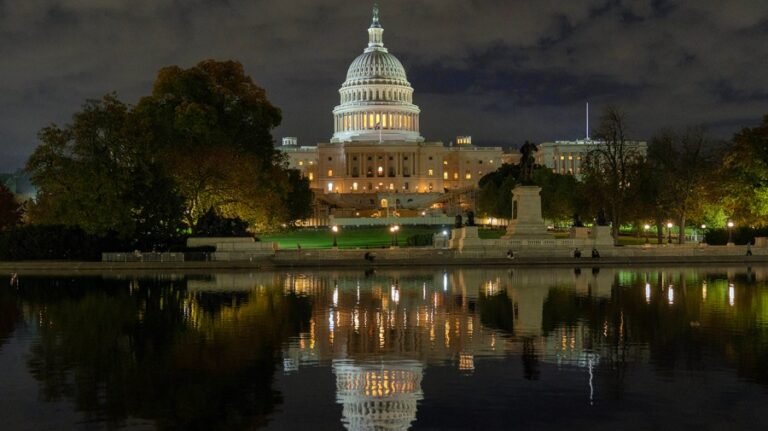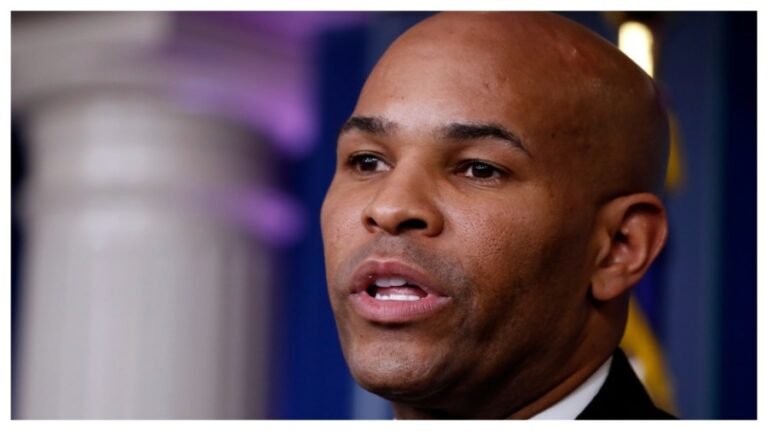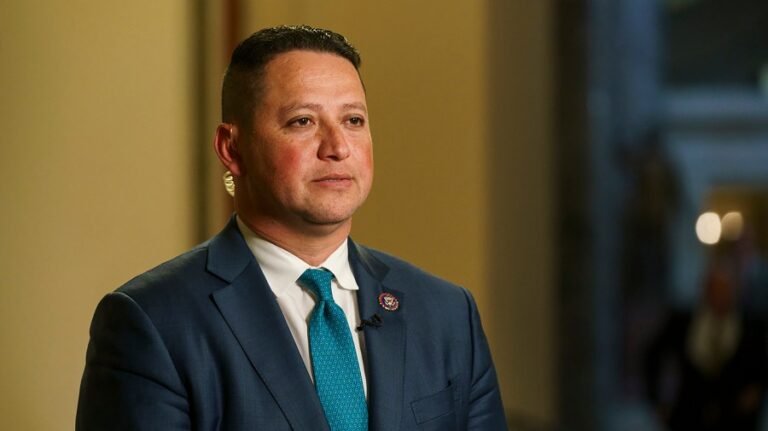
The Trump administration announced on June 5 that it is ending the Transportation Security Administration’s Quiet Skies program. Launched in the aftermath of the 9/11 attacks, Quiet Skies focused on surveilling and tracking people based on their behavior and other information that made them an elevated risk to the air system. Issues cited to support its termination include its costs and purported ineffectiveness in identifying any terrorists.
However, the real reason may be that the administration believed it was misused by the Biden administration, targeting former President Joe Biden’s adversaries while giving his friends a free pass.
Let’s put the politics aside. Although the program certainly required long-overdue adjustments, as prior investigations by the Office of the Inspector General recommended, it complete abandonment is not in the interest of securing the nation’s air system. The TSA’s federal air marshal program and Quiet Skies program are closely intertwined. Air marshals are strategically deployed on the ground (including at airports) to make behavioral observations of passengers, and on flights based on the risk profile of its passenger pool.
The federal air marshal program has been under scrutiny for some time. Given that the team of air marshals must be deployed to cover flights that are deemed high risk, scheduling them has made their utilization challenging. Many serve on international flights with origination and destinations around the world, often demanding they work long hours, which makes it difficult to schedule much-needed downtime.
Since there have been no reports of federal air marshals apprehending any suspected bad actors on flights based on the Quiet Skies watch list, some may argue that in the interest of saving money (to the tune of $200 million annually), it would be reasonable to end Quiet Skies entirely. That is like saying a community should cut its fire department because it has never put out any fires. It is shortsighted at best.
Indeed, the effectiveness of the Quiet Skies and federal air marshal programs may lie in their deterrence benefit — admittedly can be challenging to quantify — and the unpredictability that they inject into aviation security operations. Moreover, since the Transportation Security Administration’s aviation security strategy embodies a disparate collection of layers — some of which are highly visible, like the physical screening operations at airport security checkpoints, and some of which are hidden from most travelers, like risk-based security strategies including the Secure Flight program — the law of unintended consequences means that removing any one layer must be done thoughtfully and cautiously.
David Pekoske was relieved of his duties as the TSA administrator in January, meaning the organization has been rudderless, without significant changes made, ever since. If strategic or tactical changes are to be made, a new administrator should be in place to ensure that the new protections are appropriate to maintain the security of the air system, while serving the best interests of all travelers.
Past assessments of the Quiet Skies program have uncovered many deficiencies. Yet none of the points raised have captured the deterrence benefit of maintaining a Quiet Skies watchlist and deploying federal air marshals on flights based on such information. The issue of concern here is when reasons for its dismantling are based on poorly framed justifications, including politics. In the current divisive climate in Washington, politics has become the backstop reason anytime one party wants to change something that they perceive has had a negative effect on them or a positive benefit for their opposition.
Clearly, changes in the federal air marshal and Quiet Skies program have been needed for some time. Sunsetting the Quiet Skies program before the TSA had the opportunity to fully address and vet all such concerns is premature. The agency not having a permanent administrator in place further exacerbates an already tenuous decision.
With one fewer security layer now available, the air system may indeed be no more risky, as the secretary of Homeland Security claims. It is, however, difficult to believe that it will be more secure.
Sheldon H. Jacobson, Ph.D., is a professor of computer science in the Grainger College of Engineering at the University of Illinois Urbana-Champaign. He applies his expertise in data-driven risk-based decision-making to evaluate and inform public policy.


